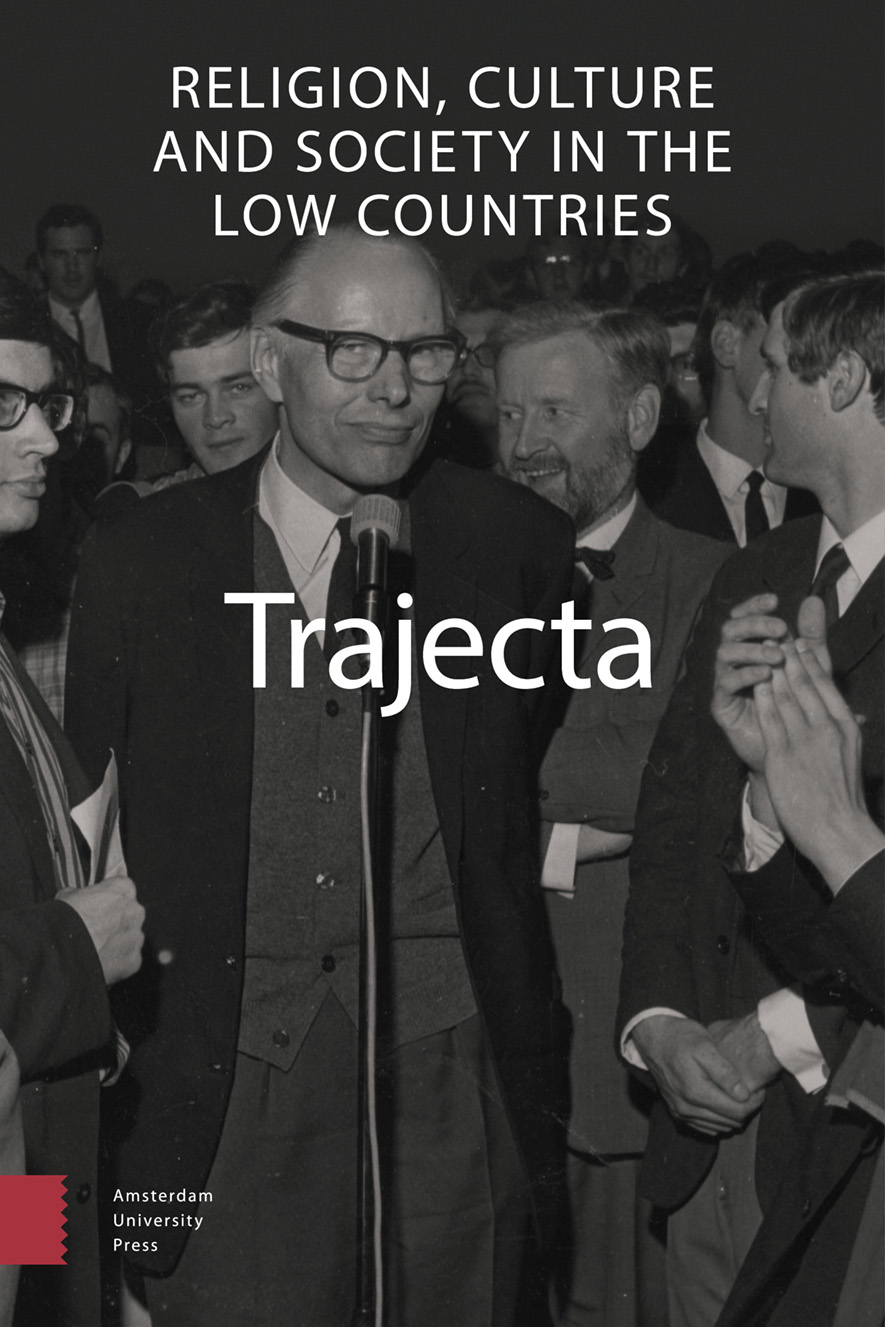-
oa ‘De organisatie van het bewind der Joodschen Eerdienst dezer Provintie’
De Zuid-Nederlandse joodse gemeenschappen ten tijde van het Verenigd Koninkrijk der Nederlanden, 1815-1830
- Amsterdam University Press
- Source: Trajecta, Volume 28, Issue 2, Dec 2019, p. 145 - 167
-
- 01 Dec 2019
- Previous Article
- Table of Contents
- Next Article
Abstract
In 1815 the United Kingdom of the Netherlands started, uniting the territories of the former Dutch Republic with the so-called Southern Netherlands. The unification and its political ramifications had huge impact on the Jewish communities in the southern provinces, mainly concentrated in the cities Brussels, Gent, Antwerp, Namur and Liège. During the 15 years within the United Kingdom, up until 1830, these communities witnessed a sharp increase in local Jewish communities and members, mostly because of internal migration of Amsterdam Jews. Moreover, Jewish life in the southern provinces was centralized and brought together with the northern Jewish communities into an overarching central denominational structure. Finally, the new structures were used to install a new sense of Dutch national identity upon the Jewish citizens, especially stressing the values of patriotism, monarchism and the ability to speak the national Dutch tongue. The 1830 Belgian Revolt resulted in a significant set-back for Jewish life in the new Kingdom of Belgium, although it continued on the path set-out in the preceding ‘Dutch era’.


